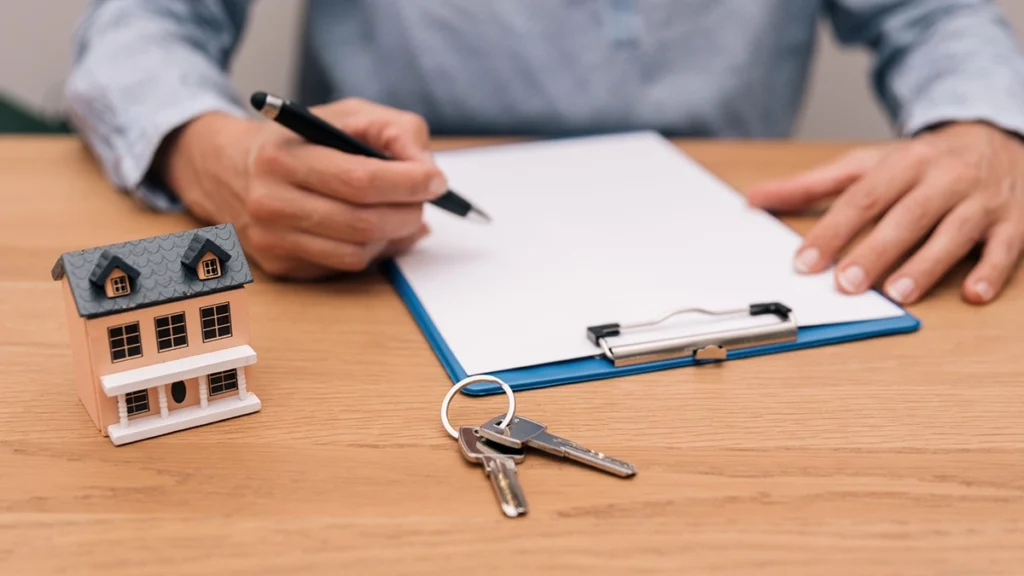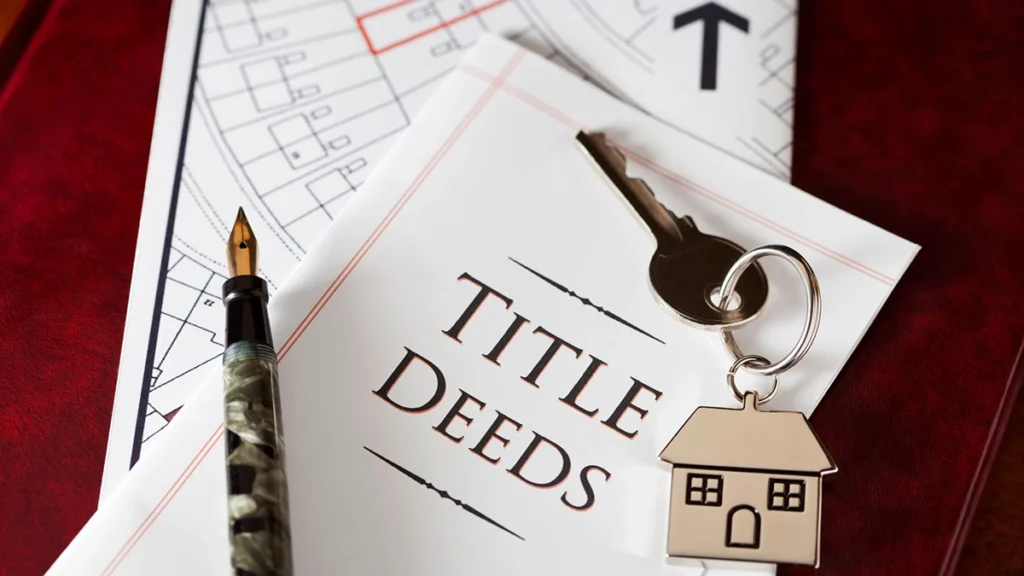When you think about protecting your home, the process can feel like a maze of paperwork and decisions. Yet with the right guidance, it does not have to be complicated or costly. Some legal tools are simple enough to understand in one sitting and powerful enough to protect your family for years.
One of those tools is the Lady Bird Deed, also known as an Enhanced Life Estate Deed. It brings together flexibility, affordability, and peace of mind in a way that helps families plan ahead with confidence. By learning how it works, you can make choices today that keep your home secure tomorrow.
What Is A Lady Bird Deed?
A Lady Bird Deed is a type of property deed that allows a homeowner, called the life tenant, to keep full ownership and control of their property while they are alive. The deed names one or more beneficiaries, known as remaindermen, who automatically inherit the property when the homeowner passes away. This process avoids probate, which is the court-supervised transfer of property after death. Probate can take months or years and often brings attorney fees, court costs, and extra stress for family members. A Lady Bird Deed removes that burden, allowing for a faster, simpler transfer of ownership.
This type of deed is available only in Florida, Texas, Michigan, West Virginia, Vermont, and North Carolina. In those states, it has become one of the most trusted estate planning options for homeowners who want to keep things straightforward and predictable.
Once properly executed, a Lady Bird Deed takes priority over a will for the property it covers. If the will and the deed list different beneficiaries, the deed controls the outcome. That certainty is one of the main reasons families choose it to protect their home.
Benefit #1: Full Control During Life
Many estate planning tools require giving up some control once the plan is in place. A traditional life estate, for example, prevents the owner from selling, refinancing, or changing beneficiaries without approval from their heirs. This can become a problem if life circumstances change, such as needing to move, cover medical expenses, or update the plan as family needs evolve.
A Lady Bird Deed solves that problem. It gives the homeowner complete control during their lifetime. They can sell the property, take out a new mortgage, or change beneficiaries whenever they wish. The transfer to the next generation happens only at death, automatically and without court involvement. This balance between freedom now and security later is what makes it stand out.
Consider Helen, a 70-year-old homeowner in Michigan. She wanted her son to inherit her home but did not want to lose flexibility. With a Lady Bird Deed, she refinanced when she needed a new roof and kept the option to sell if life took another turn. When she passed, her son received the home instantly without probate or delay. For Helen, the ability to adjust during life while protecting her family afterward made all the difference.
Benefit #2: Avoiding Probate Costs And Delays
Probate is one of the most common reasons homeowners explore Lady Bird Deeds. The process can cost thousands of dollars and delay property transfers for months. In that time, heirs may still have to pay taxes, insurance, and maintenance just to keep the home in good condition.
A Lady Bird Deed avoids those expenses and delays. When the homeowner passes, the beneficiaries simply record the death certificate, and the title updates automatically. There is no need for an attorney, no court appearances, and no waiting period. This makes the process faster, less expensive, and far less stressful for everyone involved.
Imagine a father in Texas who left his home to his two daughters through a Lady Bird Deed. After his passing, the sisters filed his death certificate and became legal owners within weeks. They rented the home soon after, using the income to cover expenses. Without the deed, they might have waited a year or longer in probate court, paying ongoing costs in the meantime. The Lady Bird Deed turned a long, emotional process into a smooth transition.
Benefit #3: Protection Against Medicaid Estate Recovery
Another important benefit of the Lady Bird Deed is protection against Medicaid estate recovery. In many states, when someone receives Medicaid assistance for long-term care, the state may try to recover those costs after death by placing a lien on the estate. Properties that go through probate are particularly vulnerable to this.
Because a Lady Bird Deed transfers the property outside of probate, it often places the home beyond reach of Medicaid estate recovery. This means the property can stay in the family and continue to benefit loved ones.
For example, Robert, a homeowner in Florida, spent several years in a nursing facility covered by Medicaid. His daughter worried that after his passing, the state might claim his home to recover those costs. But because Robert had a Lady Bird Deed, the property transferred directly to her, avoiding probate and protecting the home from recovery claims. In states that recognize these deeds, this protection can make a lasting difference for families.
While Medicaid laws vary by state, Lady Bird Deeds are widely seen as a practical and effective way to preserve family property. When used as part of a broader estate plan, they offer both simplicity and peace of mind.
Other Considerations
Even with its advantages, a Lady Bird Deed does not cover every part of an estate plan. It applies only to real estate and does not include bank accounts, investments, or personal property. Larger or more complex estates may need a trust or additional planning tools. Homeowners in states that do not recognize Lady Bird Deeds will need to look at other options, such as revocable living trusts or transfer-on-death deeds, depending on local laws.
Accuracy matters. To be valid, the deed must be drafted, signed, and recorded correctly. Errors in property descriptions, signatures, or filing can cause problems later. Many families choose to work with professionals who are familiar with Lady Bird Deeds to make sure the process goes smoothly and that their intent is clearly protected.
Why Timing Matters
Creating a Lady Bird Deed early provides peace of mind. Life can change quickly, and having this deed in place ensures your home is protected no matter what happens. Because it does not limit your rights while you are alive, there is little downside to acting now rather than waiting.
Families often feel a sense of relief once the deed is recorded. They know their home will transfer directly to their loved ones without court delays or unexpected costs. It also helps reduce the chances of misunderstandings later, giving everyone clarity and confidence. Preparing now creates stability that can last for generations.
Key Takeaways
- A Lady Bird Deed lets homeowners keep full control of their property during life.
- It avoids probate completely, saving families time, money, and stress.
- It can protect the home from Medicaid estate recovery, keeping it in the family.
- When validly executed, it overrides a will for the property it covers.
- Lady Bird Deeds are available in six states and offer unique advantages where recognized.



